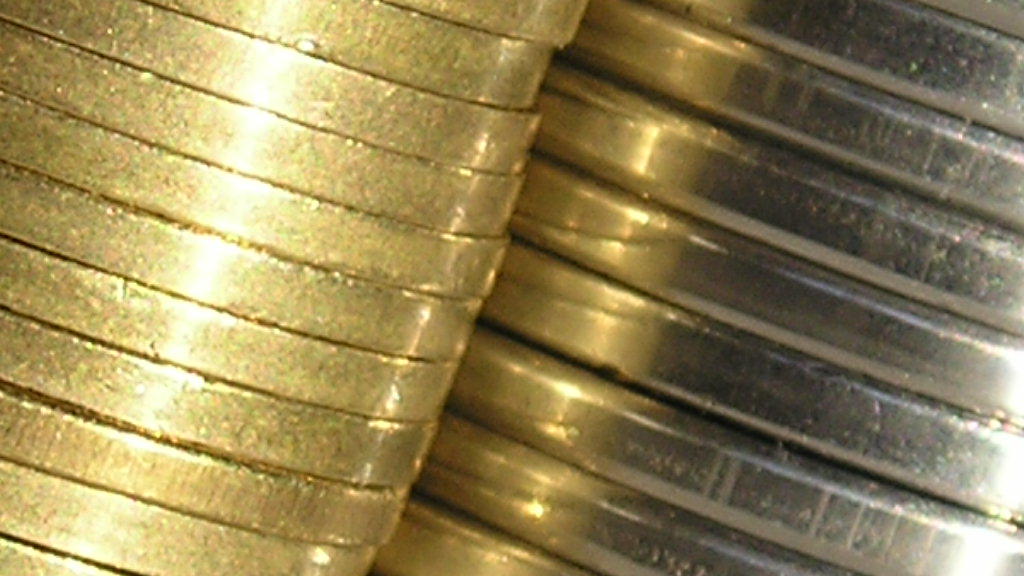
In this episode, James Caton discusses the classical and inter-war gold standards. James is an economics PhD student at George Mason University.
Gold has many qualities that make it an ideal money: It is valuable, scarce, divisible, and easy to transport. It is also easy to verify the value of a given amount of gold: The Old Testament references weights and scales being used to measure gold. Ancient people could verify the purity of the gold by observing its water displacement.
Before 1870, only Great Britain was on a gold standard, while gold, silver, and other metals would circulate freely alongside one another throughout the rest of Europe. The classical gold standard began in the wake of the Franco-Prussian War, when the victorious Germany demonetized silver in favour of gold and the rest of Western Europe followed suit (see Caton on the deflation that resulted from the demonetization of silver). America converted to the gold standard in 1879 upon redeeming the Civil War greenbacks for gold. (more…)
Subscribe to Economics Detective Radio on iTunes, Android, or Stitcher.
The post Gold and the Great Depression with James Caton appeared first on The Economics Detective.